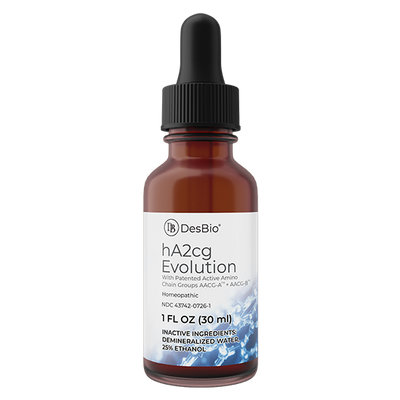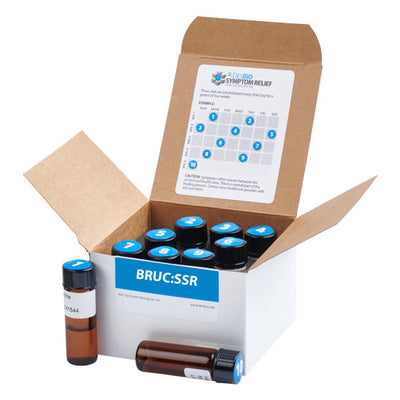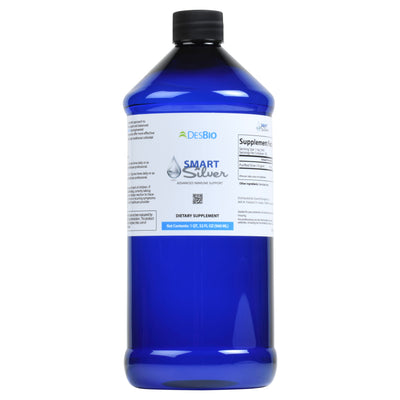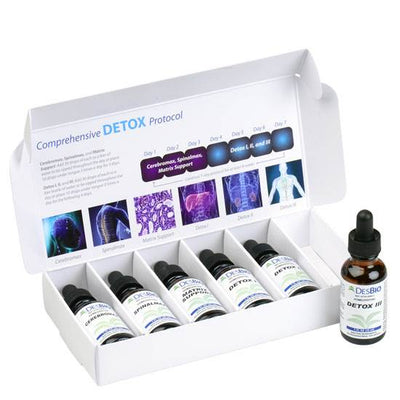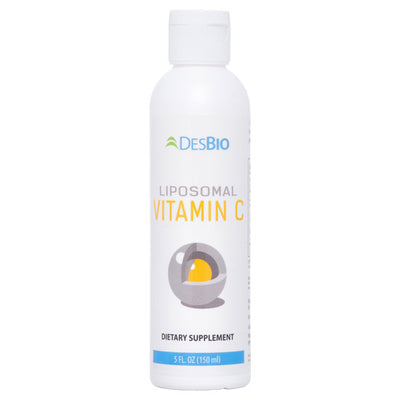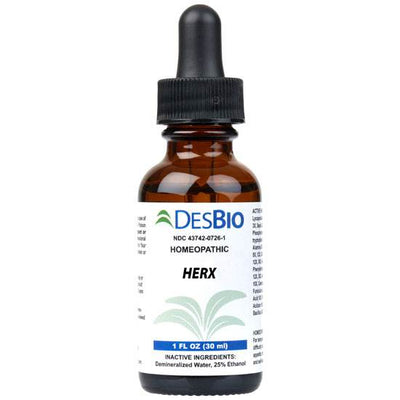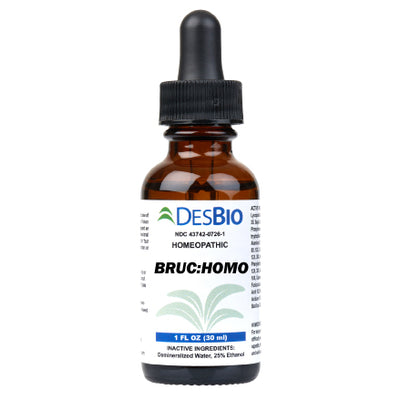Brucella Series Symptom Relief: Helps with symptoms associated with Undulant Fever or Malta Fever.
For temporary relief of symptoms related to Brucellla infection including Chronic Fatigue Syndrome, fibromyalgia, fever, sweats, malaise, anorexia, headache, back pain, neck pain, malodorous sweat, peculiar taste in mouth, and gut inflammation.
Brucellosis, also called undulant fever, or Malta fever, in humans is a highly contagious zoonosis (infectious disease transmitted from animals to humans) caused by eating of raw minced meat is also a common cause of the infection Brucella. Brucella spp. are small, gram-negative, non-motile, non-spore-forming rods. Brucella spp. are facultative intracellular parasites causing chronic disease, which usually persists for life. Brucellosis is a bacterial disease of both humans and animals recognized since the 19th century.
Species infecting domestic livestock are B. melitensis (goats and sheep), B. suis (pigs, see Swine brucellosis), B. abortus (cattle and bison), B. ovis (sheep), and B. canis (dogs). B. abortus also infects bison and elk in North America and B. suis is endemic in caribou.
Routes to transmission to humans include direct contact with animals or their secretions through cuts and abrasions in the skin, by way of infected aerosols inhaled or inoculated into the conjunctival sac of the eyes, or via the ingestion of unpasteurized dairy products.
The disease is transmitted primarily through contaminated or untreated milk (and its derivatives) or through direct contact with infected animals, which may include dogs, pigs, camels and ruminants, primarily sheep, goats, cattle, bison. This also includes contact with their carcasses. Infection may also occur by ingesting contaminated grass, roughage, feed, or water. Once the susceptible animal ingests the organism, the bacterium progresses to the regional lymph nodes where it resides during the incubation period. The incubation period is the time between inoculation (entry into the host) and the appearance of signs and symptoms of the disease, and may range from two weeks to two months and longer in case of brucellosis. After a subsequent brief phase when the bacteria are in the bloodstream, the organism colonize the uterus, placenta, udder, and/or regional lymph nodes. Although the most common clinical sign of brucellosis in cattle is abortion, no overt clinical signs may be seen with it.
Brucellosis induces inconstant fevers, sweating, weakness, anemia, headaches, depression and muscular and bodily pain.



